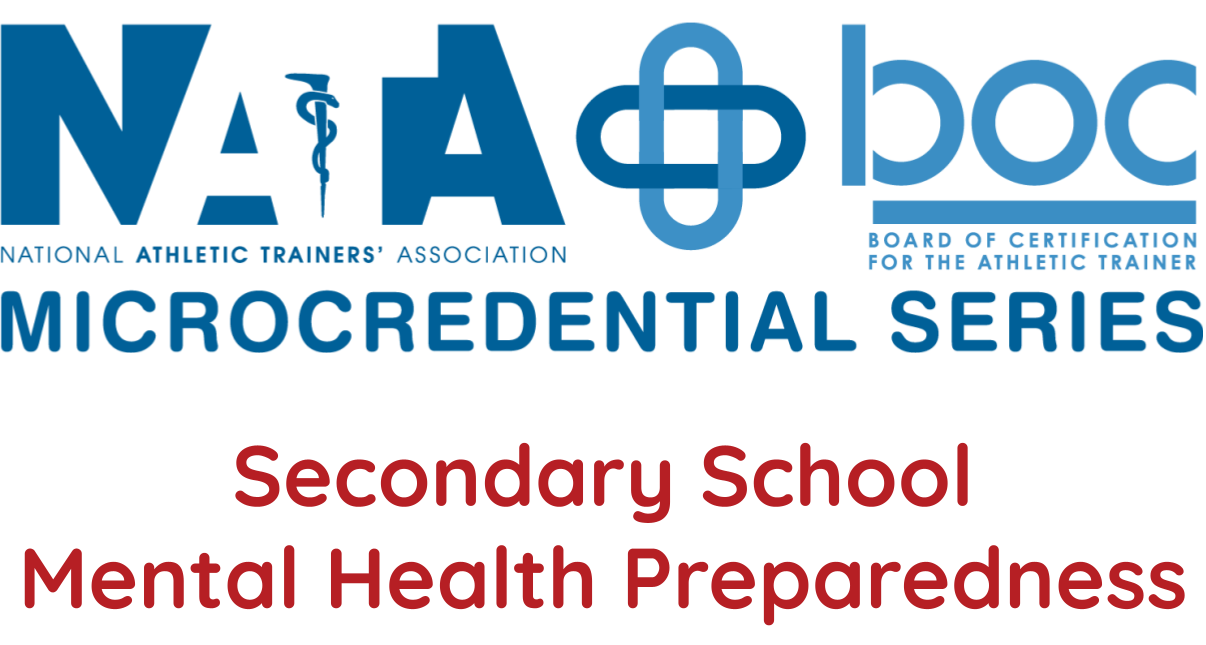
Anne Russ, PhD, LAT, ATC
Anne Russ is an associate professor in the Department of Health and Rehabilitation Sciences at Temple University. In addition to teaching in Temple’s professional and post-professional athletic training programs, she works with undergraduate health professions students. She’s been a certified athletic trainer for 16 years. Originally from Ohio, she went to Creighton University in Omaha, Nebraska for her undergraduate degree. She then attended Temple University for a MEd and PhD in kinesiology, with a concentration in athletic training. Her research efforts include neuromuscular control and the influence of hormones, sexual harassment in athletic training and athletic training education, athletic training programmatic assessment, and the impact of trauma on athletic trainers. She’s presented on these topics at the international, national, regional and local levels. Dr. Russ is a member of the Provost’s Teaching Academy and has been a Center for the Advancement of Teaching Canvas faculty partner. She also is a peer reviewer for the Commission on Accreditation of Athletic Training Education.


